The surprising economics behind going all-electric (hint, the numbers are pretty good)

Heating and powering our homes and businesses generates a lot of our climate-changing pollution; our built environment is a major contributor to global warming. If our homes and buildings were carbon-free and energy efficient, we would significantly reduce our climate pollution, drastically cut energy costs for owners and renters, and improve air quality where we live and work.
For example, in both Oregon and Washington State, climate-worsening pollution from buildings are growing at a faster rate than any other source, with this increase largely attributable to the use of fossil gas in homes and buildings. Burning fossil gas in homes and buildings is not only a significant contributor to climate change, but also poses significant health risks for our communities, children, and other vulnerable populations.
Indoor air quality issues are particularly concentrated for low-income residents in smaller units with poor ventilation. Communities of color are already disproportionately impacted by outdoor air pollution, and should not continue to be disproportionately harmed by poor indoor air quality as well. Gas appliances also worsen our outdoor air quality. For example, California’s residential appliances releasing more than two times as many NOx emissions as all of their gas power plants combined, and commercial gas appliances releasing just as much NOx pollution as all of California’s cars.
States and many cities in the region and around the country are increasingly looking at ensuring all new buildings are electric as a key cost-effective pathway for achieving their local or state greenhouse emissions goals. Electrifying buildings is critical to addressing climate change, but it is also achievable, affordable, safe, and creates a more resilient energy system.
We are working with lawmakers and community partners to move rapidly toward electrifying our buildings for heating, cooling and cooking. We can also construct homes and buildings that get all their energy from sustainable sources, and even produce as much energy as they use — net zero energy buildings.
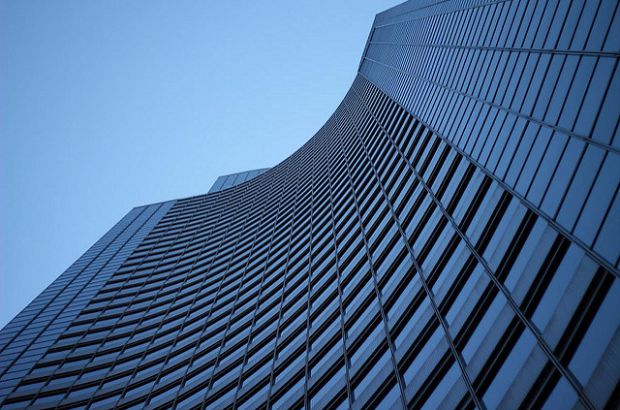
On March 10 Seattle took a key step on its path to be carbon neutral by 2050, when Mayor Ed Murray signed three energ

It's time for Oregon to reclaim a leadership position on building codes and to join the vanguard of states leading the way in pursuit of net zero energy homes and businesses.
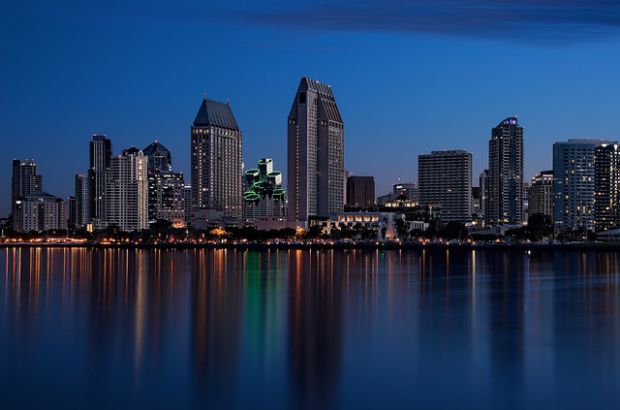
American cities are reducing climate pollution by investing in energy efficiency, renewables, grid innovations, and clean transportation. Energy Efficiency
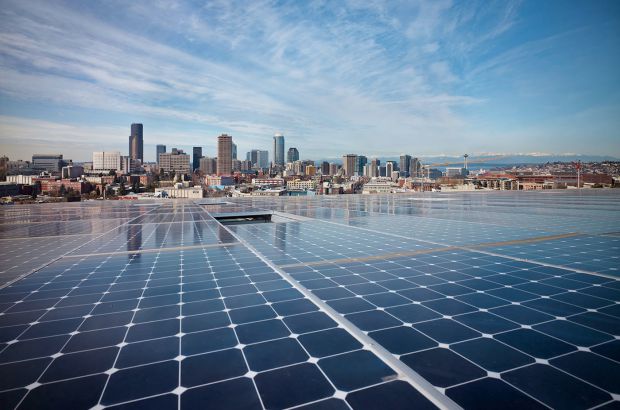
The Urban Clean Energy Revolution report details the state of play of low-carbon cities and describes a rich array of best practices and examples of urban clean energy innovation and carbon reduction.
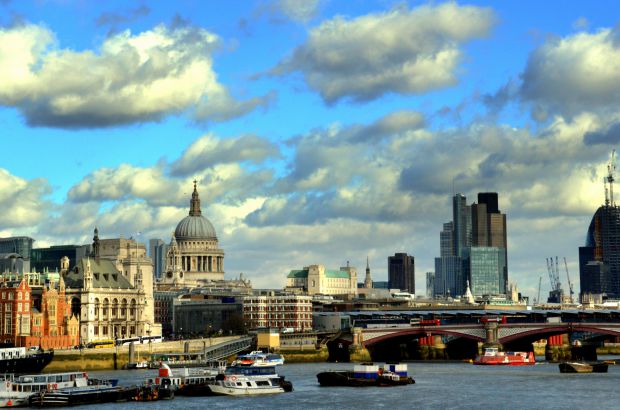
The international climate talks are a moment in time for forward-looking urban leaders to demonstrate the collective political will they have amassed for bold climate action, and to show how far they have already come in reducing carbon emissions.
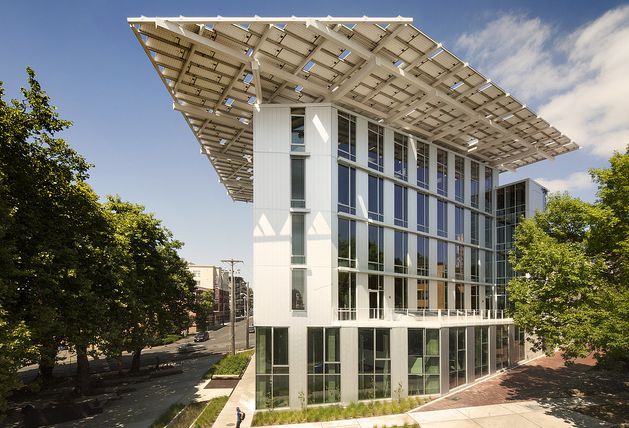
A package of hugely important changes to Washington State codes are needed to make buildings more energy efficient and ready for solar and electric vehicle charging.
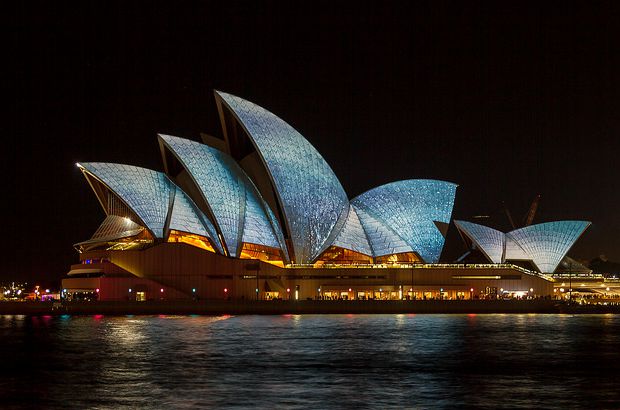
In the early days of climate action, urban plans to reduce carbon frequently suffered from the laundry list syndrome: cataloguing potential strategies without any evidence of how they would meet long-term goals. Since then, cities and counties have become more sophisticated about cutting carbon, and are developing clean energy transition plans to do it.
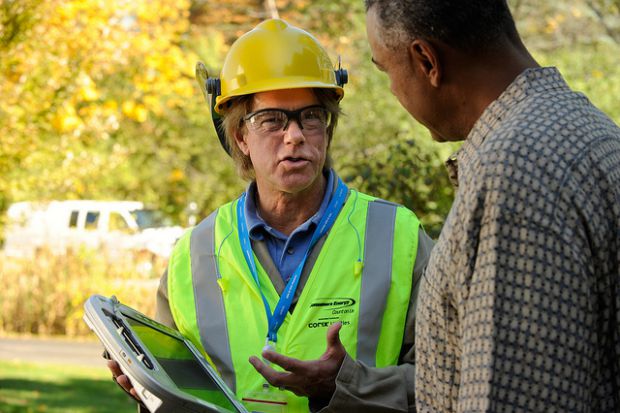
Former EPA Administrator Lisa Jackson once named energy efficiency the “silent hero” in the climate crisis. Republican Governor Butch Otter of Idaho called efficiency the “low hanging fruit in the energy orchard.” We know that a key way to reduce our climate pollution is to reduce our energy demand. By reducing energy use, we also save money on our utility bills. So why are there still barriers to homeowners embracing deep energy efficiency?

“Every watt saved by energy efficiency measures helps create living-wage jobs,” says Stephanie Pitts of McKinstry, the latest business recipient of the BlueGreen Alliance's "Right Stuff" award.

Oregon businesses are responding in ever-increasing numbers to the threat of global warming, and the ways climate change is harming our state's economy right now. You'll be inspired to see who's on the list!
Join our email list to learn about what we do and how to get involved.